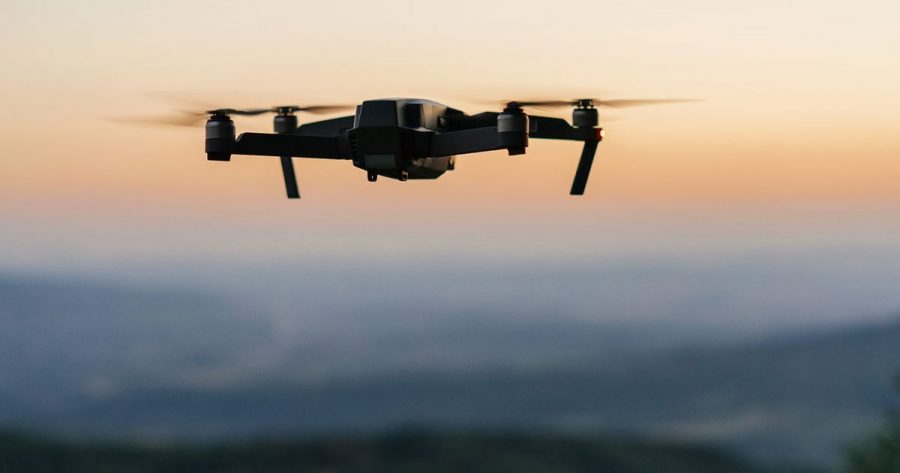I remember years ago when you could go to your local RC hobby shop and purchase a drone and be flying it an hour later. Unfortunately, as drones have become more popular, those days are gone. Over the past few years drones have continued to be a hot topic, not just for enthusiasts but the government as well. What is required to fly one day can change overnight, and suddenly you are faced with penalties up to $250,000 and 3 years in prison; there is one case where that has reached $1.9 million.
Currently, flying a drone falls under two sets of laws, depending on why you are flying. 14 CFR Part 107 covers anything done commercially, and part 44809 Recreational Drone Exemption covers flying for fun and personal use. I won’t go into detail as to what qualifies you for either set of laws, but I will say that if you’re flying for commercial use, you need a license under part 107. For more info go to https://www.faa.gov/uas/.
For the most part these laws are simple and easy to follow while flying, or at least they were. Recently the FAA has changed one key definition that could now put a lot of people at risk of penalties. One word changes a lot, and that word is “intent.” If your intent is to go out and fly around the forest to get some great video for your enjoyment, then you are flying under 44809. If you fly over a house to do a home inspection, you are under part 107.
Pretty simple, right? Now what if your neighbor sees you outside flying around for fun and asks you if notice any issues with their roof? You are technically flying recreationally, and with the old definition of intent you would be fine. However, with the recent change you are now in violation of US laws. Even though your intent was to fly for fun, your intent has changed with your neighbor’s request, and you are now flying commercially even if there is no monetary gain.
As drones continue to gain popularity with enthusiast as well as companies’ laws will continue to evolve. From a safety standpoint, most of these laws are a good thing, while others don’t seem to do much more than ruin your fun. Most of the laws are in place to keep drones from invading your privacy and keep midair collisions from occurring. It is up to the pilot to remain up to date with current regulations to ensure the FAA doesn’t come calling (and trust me, speaking from experience, they do). If you do decide to buy a drone, make sure to do your research first; you would not want your first flight to be your last.
By CMDR Tom Gonzales – Executive Officer USS Tiburon
